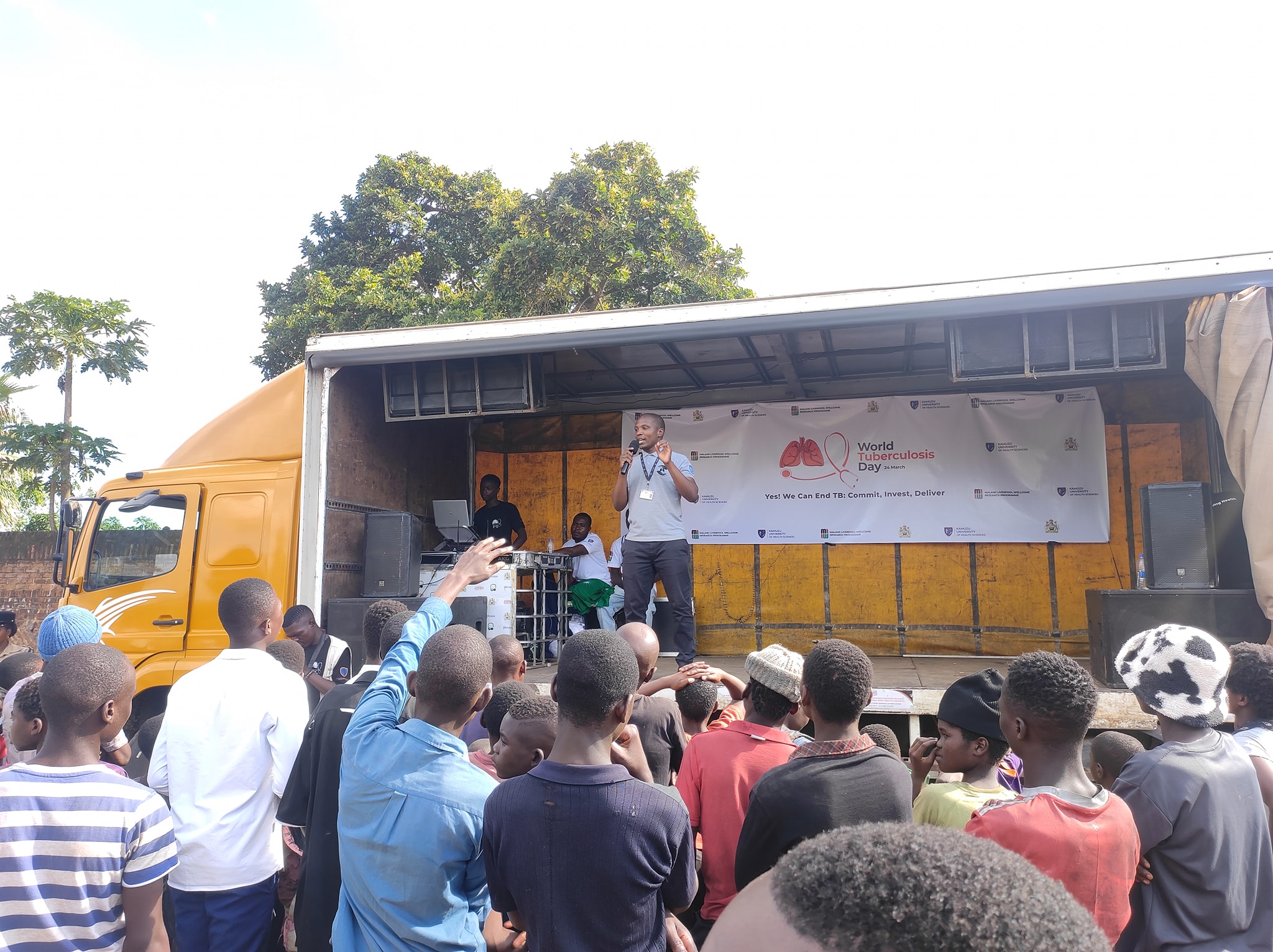Fashioning health policies out of research findings is a lubricant for achieving Sustainable Development Goal Number 3 (SDG3) in Malawi which aims at ensuring healthy lives and promoting well-being at all ages.
MLW Social Scientist Mackwellings Phiri says paying attention to study findings when developing policy interventions is an effective approach in dealing with challenges rocking the health sector in Malawi.
Phiri’s assertions follow research findings that he and his colleagues published in June 2020.
“I strongly believe that health interventions need to be tailored to community needs and realities. At least in my view, the best approach to coming up with interventions that are context-relevant is by engaging and working with the target groups,” said Phiri.
Phiri said working with the community when designing interventions increases their (interventions’) public acceptability.
“The reason for conducting the study was to investigate factors affecting men’s uptake of health services, particularly Tuberculosis (TB) / Human Immunodeficiency Virus (HIV) care. Understanding of barriers to health service for men was critical as it would inform creation and implementation of interventions that reflected men’s lived realities.”
The research highlighted precarious economic conditions, social and religious beliefs as well as poor treatment from health workers as factors discouraging men to seek medication despite a pressing need.
“Pastors tell patients to stop treatment and believe that they will be healed after praying for them. They also restrain people from visiting the hospital when they are sick because they should believe in God. Insufficient household income constrains men’s urgency to seek care because missing work would result in income deductions,” reads part of the study findings.
Apart from unearthing factors behind the slow pace towards improved health service delivery in the country, the study stressed the need to put in place measures that will see the trend reversed and the journey towards the attainment of SDG3 accelerated.
For more information on the paper that Mackwellings Phiri et al wrote, please read here.



